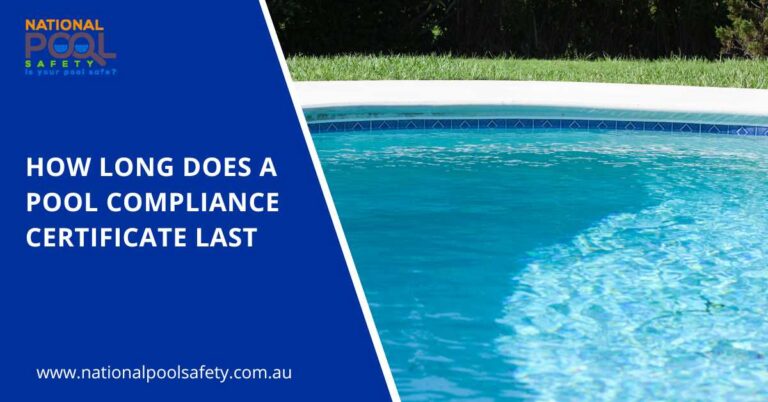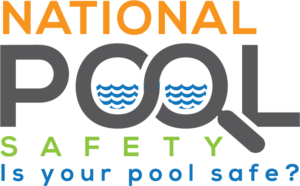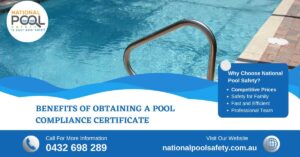How Long Does a Pool Compliance Certificate Last

Owning a pool brings many joys, from summer parties to a refreshing dip on a hot day. However, along with the fun comes the responsibility of ensuring your pool is safe and compliant with local regulations. This is where a pool compliance certificate comes into play. Understanding how long this certificate lasts and the importance of maintaining it can help you avoid fines, legal trouble, and potential insurance issues.
What is a Pool Compliance Certificate?
A pool compliance certificate is an official document issued by your local authority that confirms your pool meets all necessary safety and construction standards. The certificate typically covers a range of factors including fencing, signage, pool covers, and drainage systems. These requirements ensure that your pool is safe for use and complies with local safety regulations.
Understanding Certificate Expiration
Just like other certifications, a pool compliance certificate is not valid indefinitely. The length of validity can vary significantly based on several factors. It’s crucial to understand how long your certificate lasts and when you need to renew it to avoid any lapses that could lead to fines or legal issues.
Factors Affecting Certificate Duration
- Local Regulations: The validity period for pool compliance certificates is determined by local regulations. Different regions have varying requirements—some may necessitate renewals every 2-3 years, while others might allow up to 5 years or longer. Always check with your local authority to understand the specific rules in your area.
- Type of Pool: The type of pool you have can influence how long your certificate lasts. Residential pools often have different requirements compared to commercial or public pools. Public and commercial pools typically face more rigorous standards and may require more frequent renewals.
- Specific Compliance Requirements: The complexity of your pool’s design and construction can also impact certificate duration. Pools with intricate features or non-standard construction might need more frequent inspections and renewals compared to simpler designs.
- Inspection Frequency: Areas with frequent inspections might have longer certificate durations, as inspectors can verify compliance regularly. This ongoing scrutiny helps ensure that the pool remains in compliance with safety standards.
- Maintenance Records: Keeping detailed maintenance records can demonstrate your commitment to pool safety and potentially influence the validity of your certificate. Well-maintained pools might face fewer issues during inspections.
Common Certificate Expiration Periods
While the exact duration can vary, here are some general guidelines:
- 2-3 Years: This is a common timeframe for many residential pools, requiring renewal every couple of years.
- 5 Years: Some jurisdictions allow for longer durations, particularly if inspections are conducted regularly.
- Longer Durations: Although less common, some areas might offer longer validity periods.
Renewal Process
Renewing your pool compliance certificate typically involves several steps:
- Contact Local Authority: Reach out to your local building or health department to initiate the renewal process.
- Schedule an Inspection: Arrange for a compliance inspection to ensure your pool meets current safety standards.
- Pay Fees: Be prepared to pay any renewal fees that may apply.
- Provide Documentation: You may need to submit maintenance records and other required documents to complete the renewal process.
Consequences of Expired Certificate
Failing to keep your pool compliance certificate up-to-date can lead to several negative outcomes:
- Fines and Penalties: Local authorities may impose fines for non-compliance.
- Legal Issues: If your pool is found to be unsafe, you could face legal trouble.
- Liability Concerns: Without a valid certificate, you may be held liable for any injuries that occur in your pool.
- Insurance Implications: Some insurance policies require a valid compliance certificate for coverage, and lapsing on this can impact your insurance.
Frequently Asked Questions (FAQs)
How long does a pool compliance certificate last in NSW?
In New South Wales, pool compliance certificates typically last for 3 years. Regular inspections are required to ensure ongoing compliance.
How long does a pool safety certificate last in QLD?
In Queensland, pool safety certificates are generally valid for 2 years. After this period, a new inspection is needed to renew the certificate.
Can you sell a house without a pool compliance certificate in QLD?
In Queensland, you cannot sell a house with a pool unless you have a valid pool safety certificate. It is required for the sale and transfer of property.
Conclusion
Maintaining a valid pool compliance certificate is essential for ensuring the safety of your pool and adhering to local regulations. By understanding the duration of your certificate and following the renewal process, you can enjoy your pool with peace of mind. Always consult with your local authorities for specific guidelines and requirements to stay compliant and avoid any potential issues.




